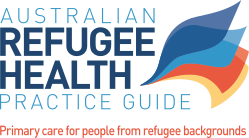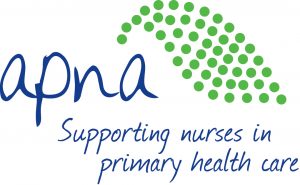Whole of practice approaches
Table of contents
Overview
An empathetic, person-centred, culturally responsive approach is highly valued by people from refugee backgrounds.1 It requires a whole-of-practice approach.
Consider the following at reception:
- welcoming reception staff, bilingual if available
- waiting spaces with information in local refugee community languages
- clear signage about the availability of interpreters
- flexible waiting spaces for children’s play as well as quiet areas.
Routine recording in practice systems should include:
- interpreter required, including preferred language and gender preferences
- country of birth, ethnicity and date or year of arrival
- contact details of settlement worker/next of kin/supporting family members
- preference of GP, including gender
- updated contact details at each appointment.
The following should be considered when booking appointments:
- long appointments
- interpreters if needed
- flexibility with appointment times
- appointments with practice nurse availability, particularly when organising catch up vaccinations
- an appropriate appointment reminder and recall system, such as text messages or in-language appointment reminders
- a follow-up system for non-attenders
- large consulting rooms to accommodate big families.
Clinicians should consider:
- bulk billing
- requesting previous health records if available
- case conferences for patients with complex needs
- coordinating care with refugee health nurses if available
- Teach-Back Method of communicating.
Considerations
People from refugee backgrounds may be unfamiliar with Australian systems such as the need to make appointments, understanding prescriptions and repeat prescriptions, and referral to specialists.1 They may have conflicting settlement demands or be experiencing anxiety, sleep or memory problems, which may affect attendance and concentration.
Patients may be unfamiliar with the roles and qualifications of general practitioners (GPs) and other healthcare providers.
Resources
- Appointment Reminder Translation Tool, NSW Refugee Health Service
- Multilingual Printable Appointment Card, Cancer Council Victoria
References
- Cheng I-H, Drillich A, Schattner P. Refugee experiences of general practice in countries of resettlement: a literature review. Br J Gen Pract. 2015;65(632):p171-p176.




